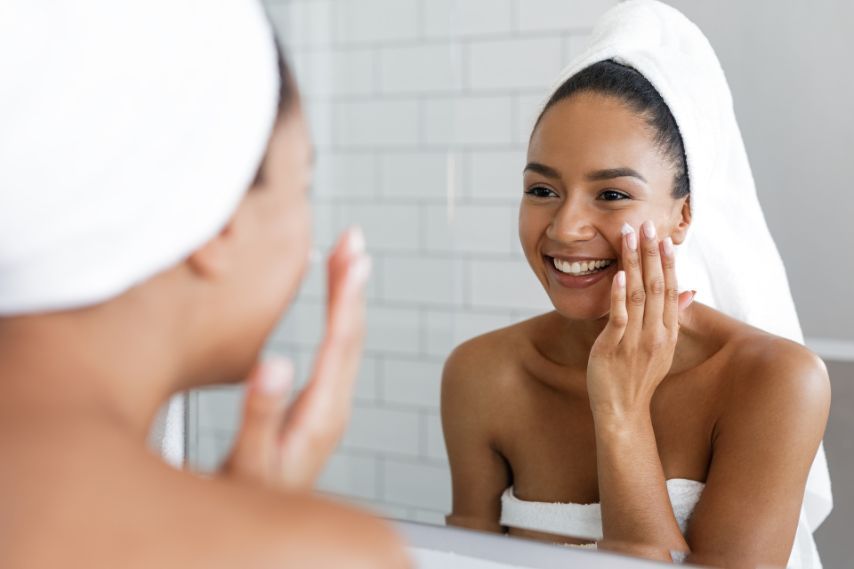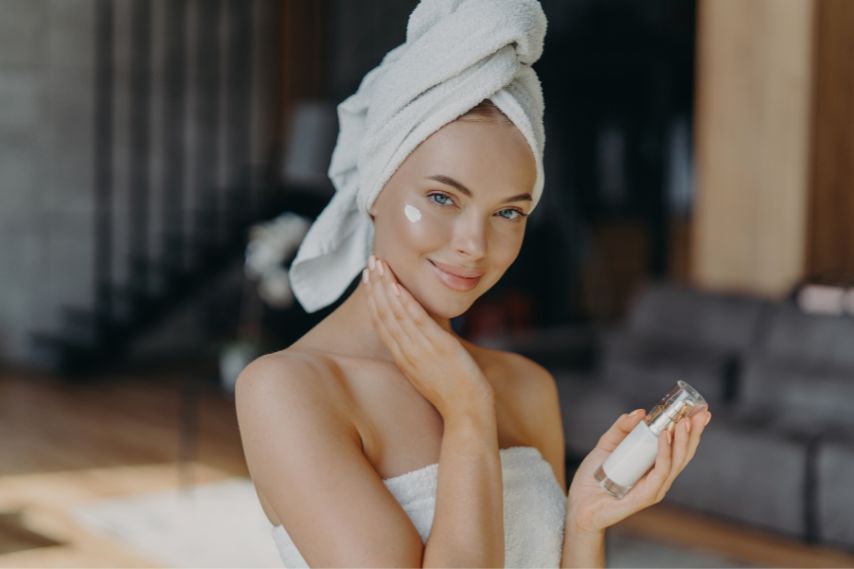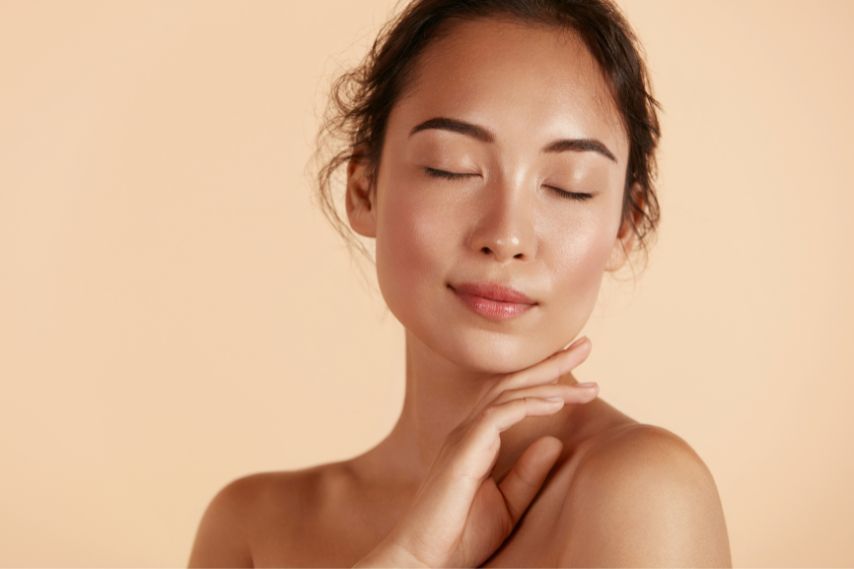Essential Skincare Products That Everyone Should Have

Unlock the secrets to flawless skin by discovering the essential skincare products
Flawless skin is a holy grail for millions worldwide, especially for those working in the beauty or public relations industries. Besides its psychological benefits, radiant skin also reveals a lot about a person’s overall health and wellness.
Unknown to many people, achieving glossy and youthful skin requires more than just a single cosmetic product. Read below for the top products to have in your skincare routine.
1. Water
The cosmetic industry abounds in products designed to improve your skin’s health and vitality. As you shop for a collection of beauty supplements, you may also want to check out durable mounts from trusted outlets like ADA Cosmetics.
Now, the best place to kick-start our rundown of essential skincare products is to begin with what’s arguably the most commonly overlooked - water.
Drinking plenty of water helps moisturize and revitalize the skin. It also accelerates the secretion of waste products from skin cells through perspiration.
2. Omega-3-rich Foods
Increasing the intake of certain foods is also a natural way to achieve smooth, radiant skin. Most skin-friendly foods tend to be those rich in antioxidants, especially omega-3 fatty acids.
Research has uncovered multiple benefits of omega-3 fatty acids, including their ability to lower the risks of skin cancer. The compounds also improve hydration and regulate sebum production.
Fortunately, there are numerous natural sources of omega-3 fatty acids. They include salmon, walnuts, papaya, avocados, etc.
3. Cleanser
A cleanser does exactly what it says - cleaning the skin of dirt, excess oils, dead cells, and makeup. Some cleansers may also help to eliminate potential toxins found in other cosmetic products.
The conventional wisdom is to cleanse your face twice daily, preferably in the morning and evening.


4. Exfoliator
Exfoliators are special cleansers that focus on removing dead cells that may clog skin pores, potentially causing acne breakouts. Therefore, your skincare routine should ideally start with cleansing before exfoliation.
There are two exfoliation methods - physical and chemical.
5. Toner
A toner works in nearly the same way as a cleanser and exfoliator. The difference is that toners mainly target stubborn residues like make-up.
Toners also help to restore skin pH imbalances caused by common household detergents and chemicals in other cosmetic products.
Alcohol-based toners are most effective at fighting bacteria from the skin. Just be sure to go slow on such products, as they may strip your skin of the all-important moisture.
6. Chemical Peel
Many beauty enthusiasts commonly confuse chemical exfoliation with chemical peeling. However, these two are entirely distinct concepts.
Chemical peel uses active ingredients to remove the skin’s outer layer. It’s more effective at eliminating dead cells.
However, since chemical peels penetrate deeper into the skin, you want to check with a licensed dermatologist before using these products. That’s especially true if you’re prone to skin conditions like eczema and psoriasis.
7. Serum
If your primary cosmetic goal is to reduce skin breakouts, a serum should be a staple in your make-up vanity set.
Most serums contain potent antioxidants like ascorbic acid (vitamin C), glycolic acid, and hyaluronic acid.
These compounds minimize the risk of certain skin diseases by reversing oxidative damage due to excess accumulation of free radicals in skin cells. They also stimulate collagen production, thereby reducing the markers of premature aging.


8. Moisturizer
Some skincare products are formulated for specific areas. However, a moisturizer is best applied throughout the body. It helps keep the skin hydrated while also releasing essential nutrients.
When applying a moisturizer, pay particular attention to exposed areas. The face, neck, shoulder, and arms should receive a moisturizer at least twice daily.
Lastly, invest in cosmetic products from powerful moisturizing agents like hyaluronic acid, glycerin, and shea butter.
9. Sunscreen
Ultraviolet (UV) rays from the sun can cause signs of premature aging on the skin and increase susceptibility to melanomas.
Fortunately, you can minimize these risks by using sunscreen. Sunscreens are especially important if you live in warmer climates or work outdoors.
But as with most skincare products, it’s best to understand your skin type before choosing the right sunscreen.
10. Face Mask
Face masks stand out from most skincare products in their variety. And no, we’re not talking about the disposable masks that became popular during the COVID-19 pandemic.
Skincare face masks serve an entirely different purpose. Some promote rehydration, while others improve radiance.


Final Word
While many of the above skincare products are naturally available, some may only be found in a beauty shop across the street.
Dermatologists recommend exercising due diligence while shopping for industrially prepared topicals. Insist on products formulated with all-natural ingredients to minimize the risks of adverse reactions.
It might also help to talk to a licensed dermatologist before adding any product to your skincare routine.




